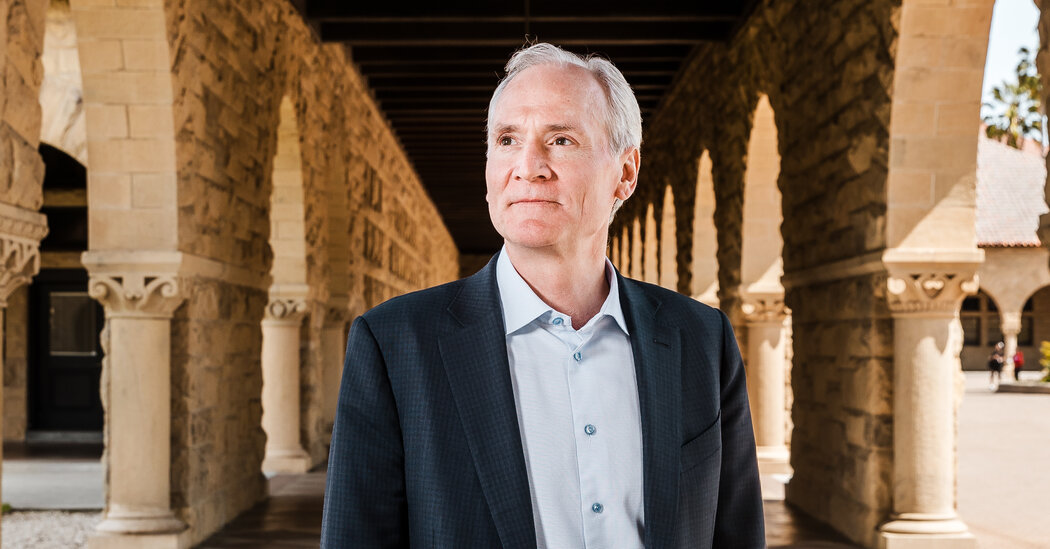I wish I could agree.
The more successful you are by those metrics of research money, papers, awards, titles, presentations, etc, the more resources and commitments you get.
Even someone with an R01 or two nowadays is not guaranteed job stability or the resources necessary to run a successful lab. All of this requires hard negotiating both with your own institution and with outside institutions if you're not getting what you need internally.
People often ask me what my biggest surprise was as a physician-scientist. For me it has been that just doing great work is not enough. I thought people would recognize what I was doing and give me what I needed to be successful. I thought that leadership would be mentors and sponsors who would make sure they gave me what I needed with their experience of what they needed for success.
The truth is that nobody is handing you anything. The institution will try to give you as little as possible. Every little thing has to be negotiated, sometimes as a hard ball negotiation. So if you want to have a lab with all the resources needed to find "truth", you will have to fight both to get it and to sustain it. That's how you stay in a powerful position to negotiate and sustain and grow your career--be recognized, be well funded, publish well and often...
Given this, it's no surprise to me how much of the science is not reproducible or outright fraud.

 www.nytimes.com
www.nytimes.com

 ).
).